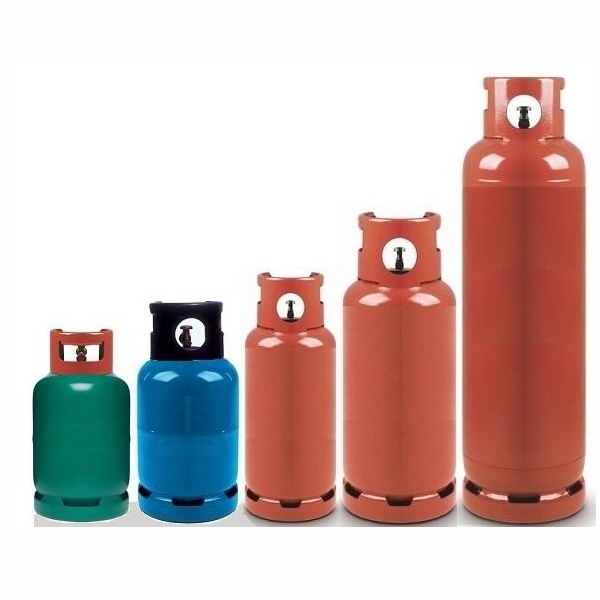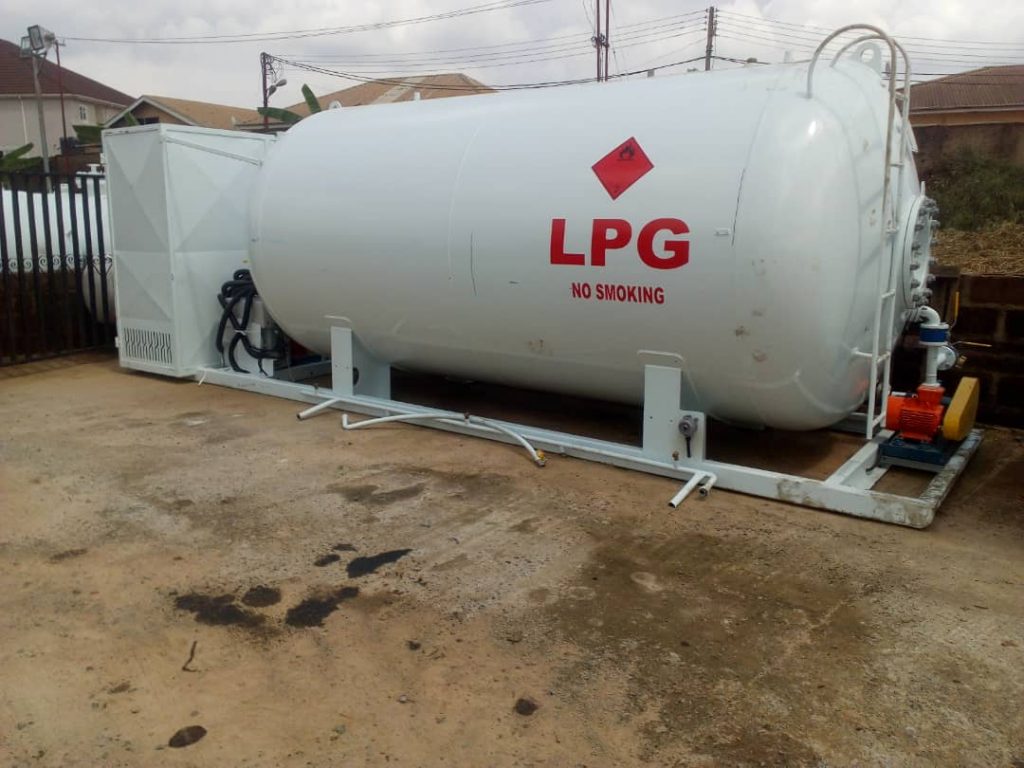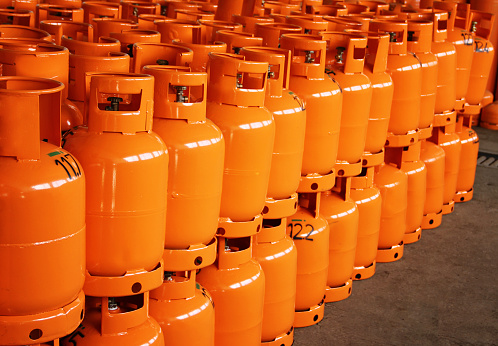Lagos – Nigeria’s economy continued its slump and contracted for a fifth consecutive quarter in the three months to March after the oil industry shrank and agricultural expansion slowed.
Gross domestic product (GDP) in Africa’s most-populous nation shrank 0.5 percent in the first quarter from a year earlier, compared with a revised 1.7 percent contraction in the final three months of 2016, the Abuja-based National Bureau of Statistics said yesterday.
The economy took a hit after oil prices crashed in mid-2014 and militants from the crude-producing Niger River delta destroyed pipelines, causing production to fall to an almost three-decade low.
Men read newspaper headlines at a street side newsstand in Lagos, Nigeria. The country’s GDP slumped for more than a year. Photo: Reuters
That and power shortages weighed on output, with GDP shrinking a revised 1.6 percent last year, the first full-year contraction in a quarter of a century. Foreign-currency shortages fuelled by falling oil exports caused inflation to accelerate every month until January.
“Agriculture slowed year on year, and that is bad news, because it was the dependable sector for growth,” John Ashbourne, an economist at London’s Capital Economics, said.
Slow pace
The oil sector contracted 11.6 percent from a year earlier, a sixth straight quarter of declines, while agriculture, which contributed 24 percent of GDP, expanded 3.4 percent, the slowest pace since the first three months of last year, the statistics office said. The International Monetary Fund forecasts the economy will grow by 0.8 percent this year and the World Bank predicts expansion of 1.2 percent.
The government said recovery would be driven by a rebound in output of oil, which accounts for two-thirds of its revenue, as well as increased state spending.
The central bank has moved to improve foreign-currency liquidity by allowing portfolio investors to trade dollars at market determined rates and removing a 197 to 199 naira peg. The regulator still intervenes to keep the official interbank rate at about 315 per dollar and continues to block importers of certain products from accessing hard currency on the official market.
Currency market improvements are not expected to affect GDP until the second quarter, said Michael Famoroti, an economist at Lagos-based Vetiva Capital Management.
Lawmakers approved a 21 percent increase in 2017 spending plans to 7.4 trillion naira (R307 billion). The government plans to spend 30 percent of the budget to build roads, rail, ports and improve the power sector in order to stimulate business and create jobs.
Source: http://www.iol.co.za/business-report/economy/nigerian-economy-in-decline-for-more-than-a-year-9314074





